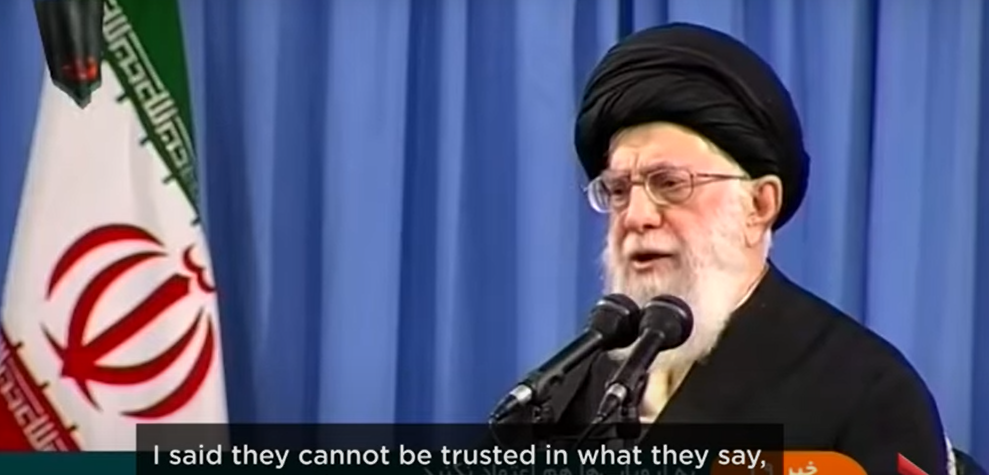As the impending meeting between Prime Minister Netanyahu and President Biden approaches in New York, unease is growing in Jerusalem regarding the clandestine understandings struck between the Biden administration and the Iranian regime.
Last month, US government officials disclosed the existence of a prisoner exchange agreement between the US and Iran.
Under the terms of this deal, the US will release certain Iranian prisoners and unfreeze $6 billion in Iranian oil profits previously held in South Korea as part of the sanctions against Iran.
In return, Iran will release five American prisoners who have already been placed under house arrest within Iran.
Iranian President Ibrahim Raisi, in an interview with MSNBC on September 12th, stated that Iran could utilize these funds for various purposes.
However, the American administration clarified that the funds could only be used for the purchase of medicine, food products, or non-sanctioned goods.
The administration has issued a warning that it can re-impose freezes on these funds if Iran attempts to divert them for other purposes.
This is a cause for concern in Israel, as there are apprehensions that this money may be directed toward strengthening Iran’s terrorist affiliates in the Middle East.
Political authorities in Jerusalem believe that the prisoner exchange deal represents only a small fraction of the undisclosed understandings negotiated behind the scenes between the US and Iran.
These understandings are tied to a prospective new nuclear agreement, but the administration is keeping them under wraps due to vehement opposition from both major US political parties, the Democrats and Republicans.
President Biden is concerned that this opposition could adversely affect his standing in the forthcoming US presidential election campaign.
Surprisingly, the ongoing conflict in Ukraine and Iran’s military support to Russia has not disrupted these understandings between the Biden administration and the Iranian regime.
What appears to have affected the administration more was the “Hijab protest” in Iran, although the Iranian regime managed to quell it with considerable force, causing it to fade into the background.
During President Biden’s tenure, Iran escalated its uranium enrichment to 60 percent, and the International Atomic Energy Agency also uncovered instances of uranium enrichment at 80 percent.
Jerusalem is anxious that there is a temporary understanding between the Biden administration and Iran that allows Iran to continue enriching uranium to a 60 percent level in exchange for the gradual release of Iranian funds frozen abroad.
Due to the opposition in Congress to reestablishing the 2015 nuclear deal, President Biden has been compelled to strike deals with Iran behind closed doors.
The Biden administration’s Middle East policy aims to avoid further complicating the situation in the region.
The president’s previous approach in the Middle East encountered setbacks, allowing China to fill the void left by the United States and assume a prominent role.
President Biden is now endeavoring to achieve a new milestone in the Middle East—a tripartite agreement involving Saudi Arabia and Israel.
Israel is deeply concerned about Iran’s growing influence and its undisclosed understandings with the Biden administration.
This issue will be at the forefront of discussions during the upcoming meeting between Prime Minister Netanyahu and President Biden in New York.
The American president must take into consideration Israeli concerns, as he also requires Israel’s support to secure a two-thirds majority in the American Senate for the tripartite deal with Saudi Arabia and Israel.
These elements are interrelated.
In conclusion, President Biden’s efforts to normalize relations with Iran serve both his preparations for the presidential elections and his strategy to counter China’s expanding influence in the Middle East. However, this should not come at the expense of Israel’s security.




